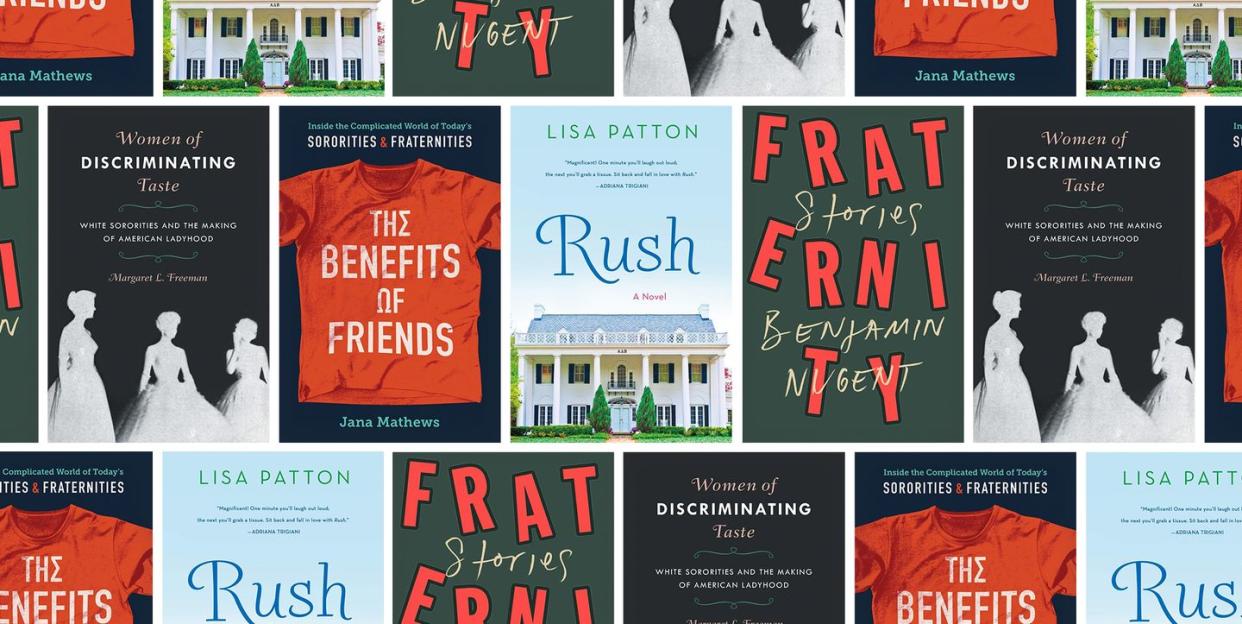
“Hearst Magazines and Yahoo may earn commission or revenue on some items through these links.”
Fraternities have existed on American college campuses since 1775, when Phi Beta Kappa was founded at the College of William and Mary. Sororities, originally called women’s fraternities, have been around since 1851 with the founding of Alpha Delta Pi at Wesleyan Female College (now Wesleyan College in Macon, Georgia).
With the release of the Bama Rush documentary on HBO Max—detailing rush at the University of Alabama during fall 2022—and the growing calls to get rid of Greek life on college campuses, here are 20 books to read about the history of fraternities and sororities, contemporary issues the organizations are dealing with, and fictionalizations set against the backdrop of Greek life.(If you’re looking for books about secret societies, more on those, here.)
The Benefits of Friends: Inside the Complicated World of Today’s Sororities and Fraternities
Jana Mathews, a professor of English at Rollins College, started serving as a faculty advisor for a National Panhellenic Conference sorority in 2011. What resulted is The Benefits of Friends, an analysis of the contemporary (white) Greek letter community. As she writes in the introduction, “At a moment when the call to abolish white sororities and fraternities grows louder and more persistent by the day, The Benefits of Friends foregrounds the questions that undergird their continued existence—namely, what do these organizations do and what are they good for?”
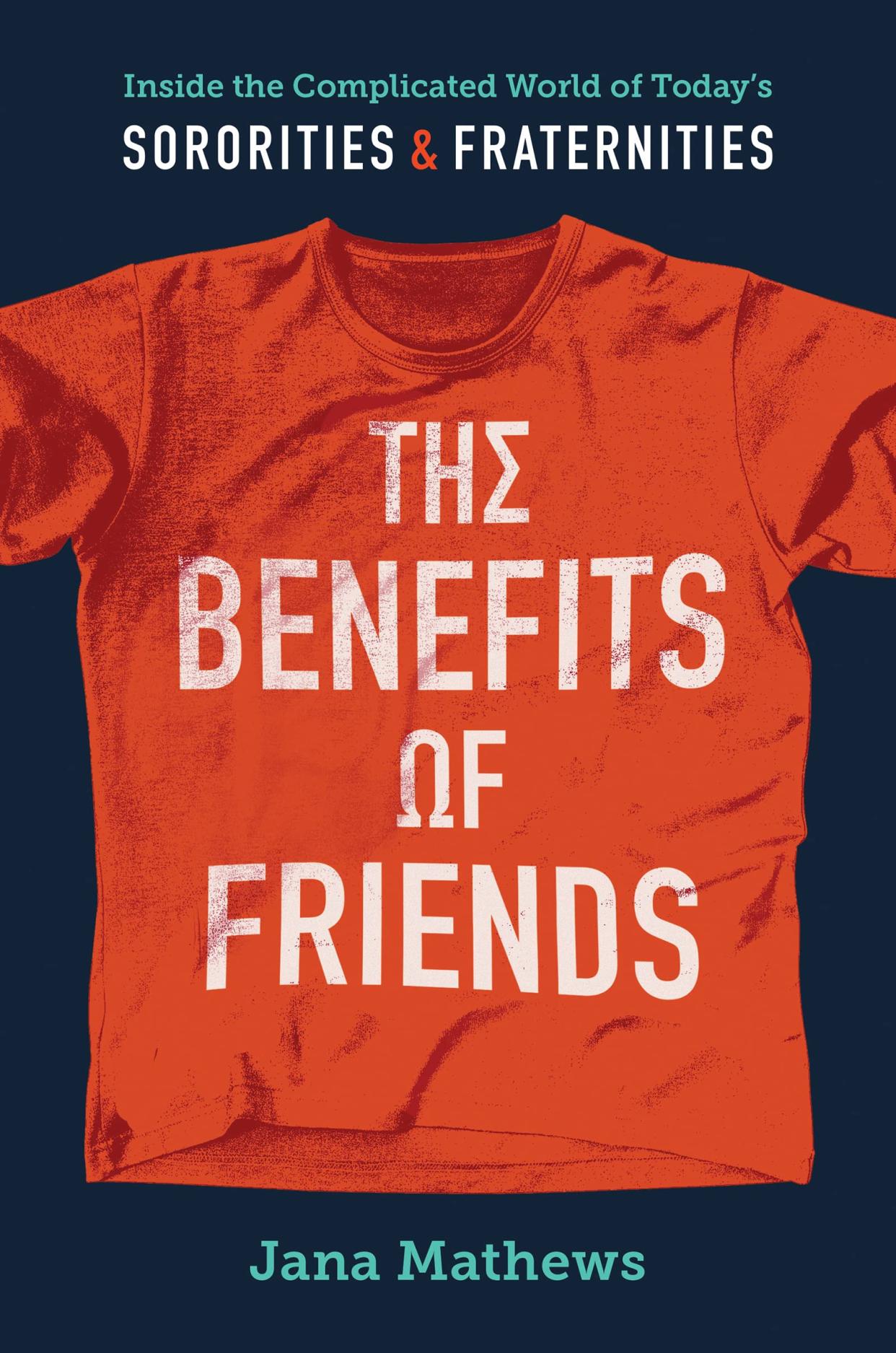
Shop Now
The Benefits of Friends: Inside the Complicated World of Today’s Sororities and Fraternities
$27.95
amazon.com
True Gentlemen: The Broken Pledge of America’s Fraternities
John Hechinger’s True Gentlemen is touted as an exposé of American fraternity life, using Sigma Alpha Epsilon (SAE) as a case study. Detailing hazing, a culture of sexual assault and rape, abuse of alcohol and drugs, racism, and more, True Gentleman is an eye-opening look into fraternity culture across the U.S.
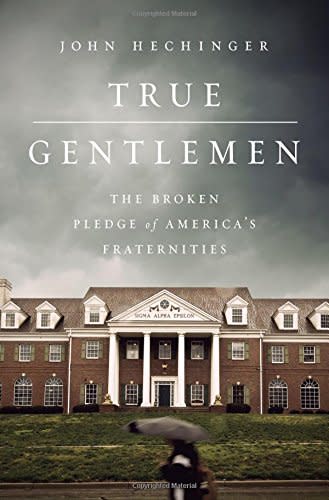
Shop Now
True Gentlemen: The Broken Pledge of America’s Fraternities
$20.97
amazon.com
Rush: A Novel
A lighter look at Greek life comes in the form of Lisa Patton’s novel Rush, set at the fictional Alpha Delta Beta sorority at the University of Mississippi (Ole Miss). If you’re looking to read an insider look at sorority life in the American south, Rush is for you.
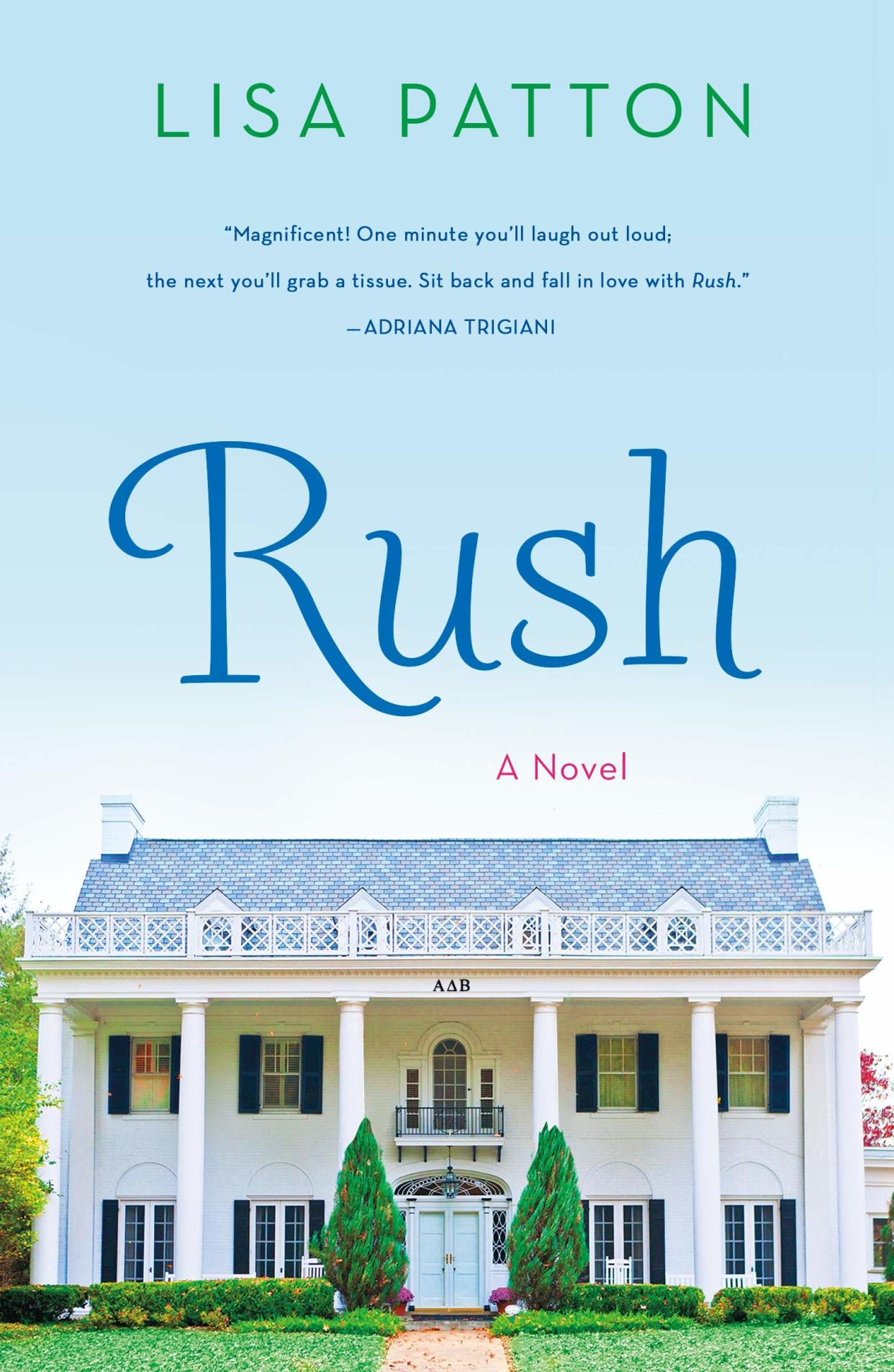
Women of Discriminating Taste: White Sororities and the Making of American Ladyhood
Women of Discriminating Taste is a look at how white sororities shaped white womanhood in the twentieth century. In the book, historian Margaret Freeman argues that “while the organizations may have served as a valuable role in spaces of women’s friendship during the early years of coeducation, they have always been conservative in nature and inherently discriminatory, whether they be selecting members according to social class, religion, race, or physical attractiveness.” It’s an illuminating study on the history and context of white sororities.
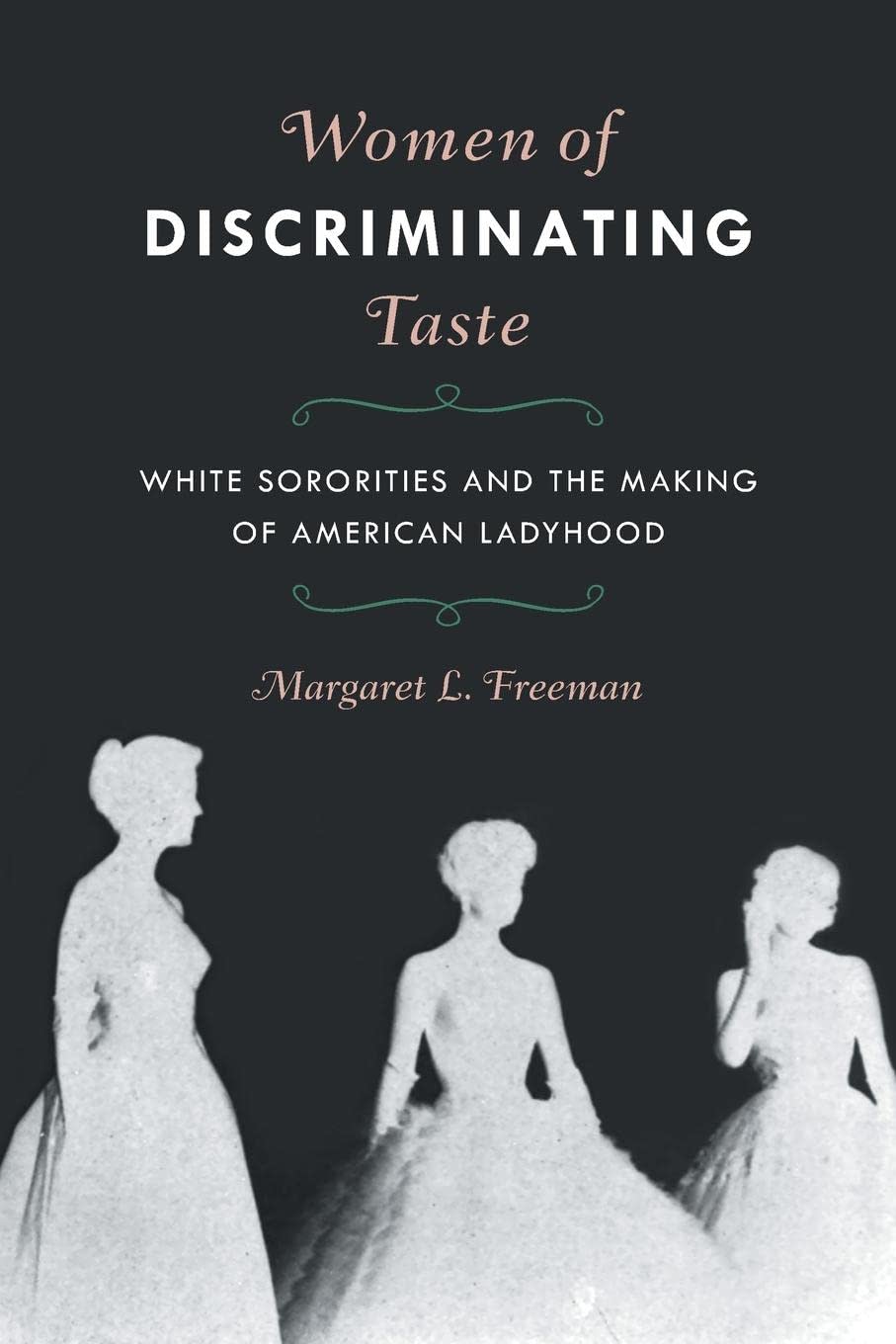
Shop Now
Women of Discriminating Taste: White Sororities and the Making of American Ladyhood
$29.95
amazon.com
Know My Name: A Memoir
Not a traditional book about Greek life, Chanel Miller’s astounding memoir Know My Name is worth including here because it details the aftermath of an assault that took place after a Kappa Alpha fraternity party at Stanford University. (Though the rapist was not a member of the fraternity, but the assault took place right outside the Greek house.) It’s an absolute must-read.

Shop Now
Know My Name: A Memoir
$16.20
amazon.com
The Divine Nine: The History of African American Fraternities and Sororities
This comprehensive history of Black greek life, the “Divine Nine,” which features interviews with famous members of those organizations, like Shaquille O’Neal, provides an overview of how the Black fraternities and sororities have shaped both American culture and Black leadership in the U.S.
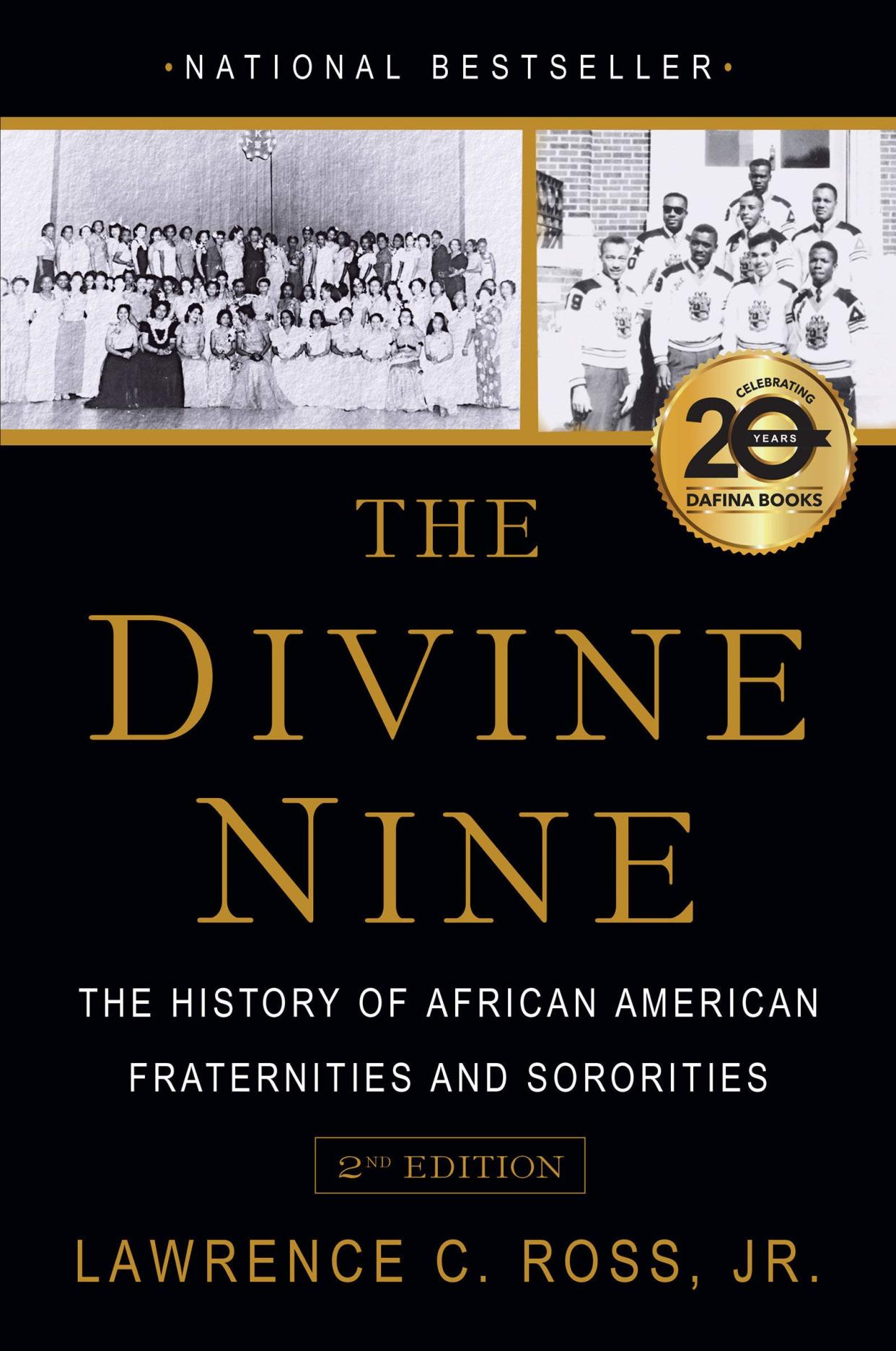
Shop Now
The Divine Nine: The History of African American Fraternities and Sororities
$15.29
amazon.com
Sorority
Genevieve Sly Crane’s coming-of-age novel is described as Prep meets Girls in White Dresses. Each chapter is told from a different perspective of a sorority sister, a founding member of the chapter, or an all-knowing Greek chorus (ha), the story is centered on Margot, who lived in Room Epsilon, and dies of an overdose.
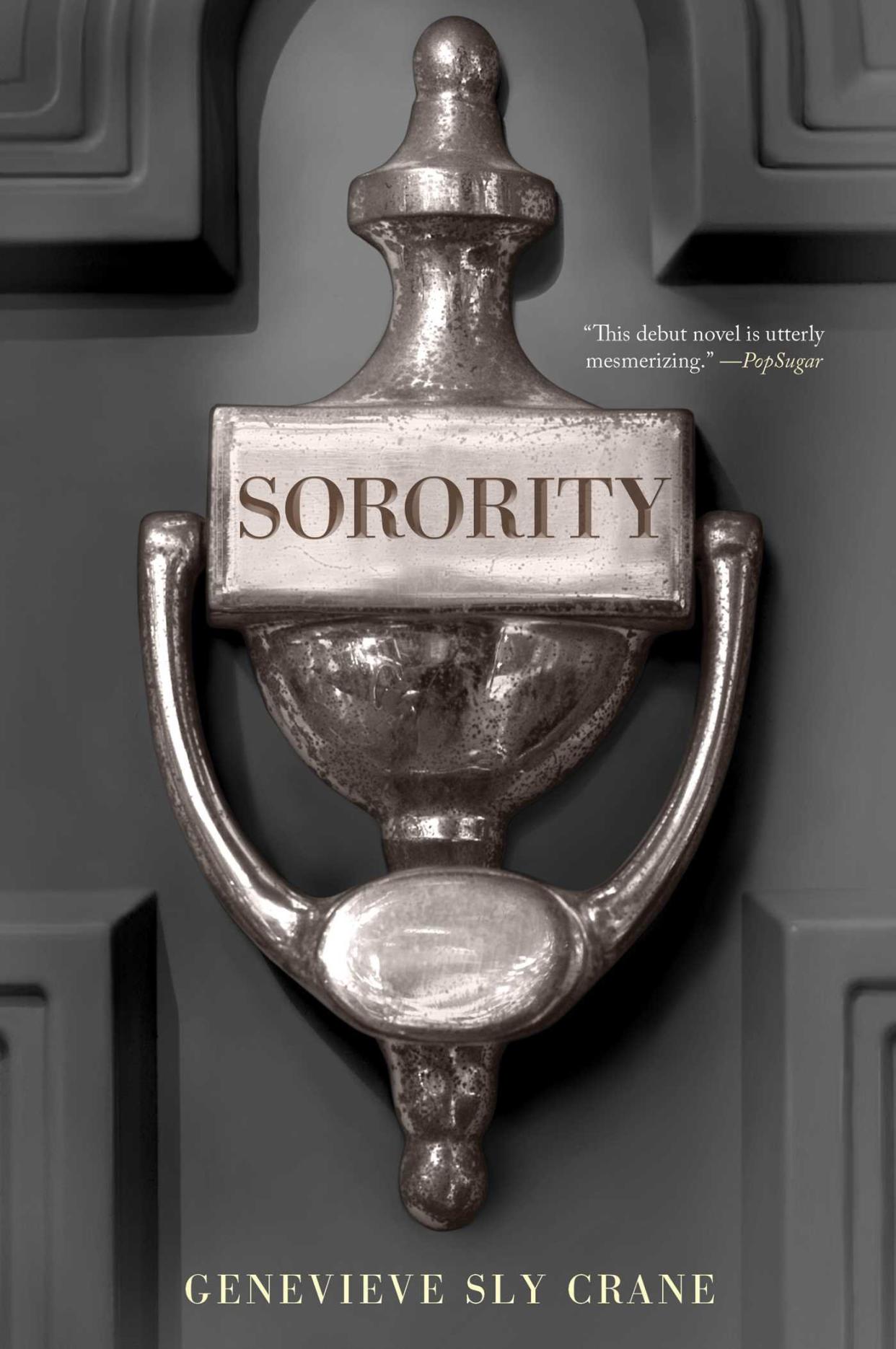
Rush: Memoir of a Gay Sorority Girl
Kristin Griffith’s memoir details her experience as a gay woman from Texas in a Midwestern sorority in the ’90s, and her coming-out journey as she navigated the heteronormative landscape of Greek life.
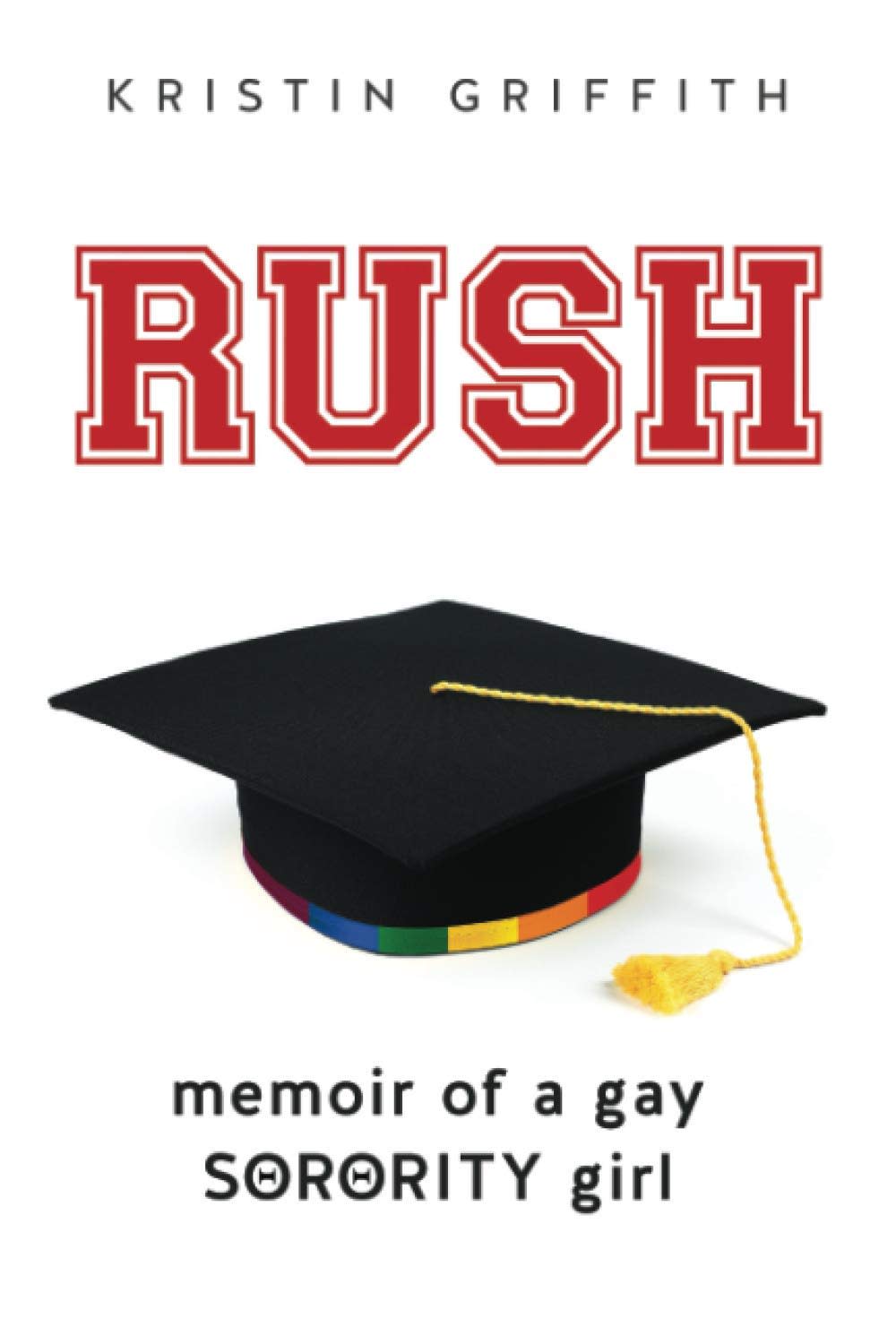
Shop Now
Rush: Memoir of a Gay Sorority Girl
$14.99
amazon.com
The Real Animal House: The Awesomely Depraved Saga of the Fraternity That Inspired the Movie
The 1978 film, National Lampoon’s Animal House, stars John Belushi and Tim Matheson, and revolves around the escapades of the fictional Delta Tau Chi fraternity. The film was based on writer Chris Miller’s experiences at Alpha Delta Phi at Dartmouth College, which he details in his “wildly exaggerated” memoir The Real Animal House.

Shop Now
The Real Animal House: The Awesomely Depraved Saga of the Fraternity That Inspired the Movie
$19.04
amazon.com
Fraternity: Stories
In this collection of short stories set at a fictionalized UMass Amherst, Benjamin Nugent turns his attention to fraternity life. Zadie Smith blurbed the book, writing, “If university is where we finally grow up, what role does the college campus play in creating the adult American man? In these dark, witty, and sharply written stories, Benjamin Nugent takes an unflinching look at that strange tradition, the all-male fraternity, which, in his gifted hands, begins to look like a very strange and insidious social experiment. Take a boy, transform him into a ‘bro,’ and then release into the wild…”
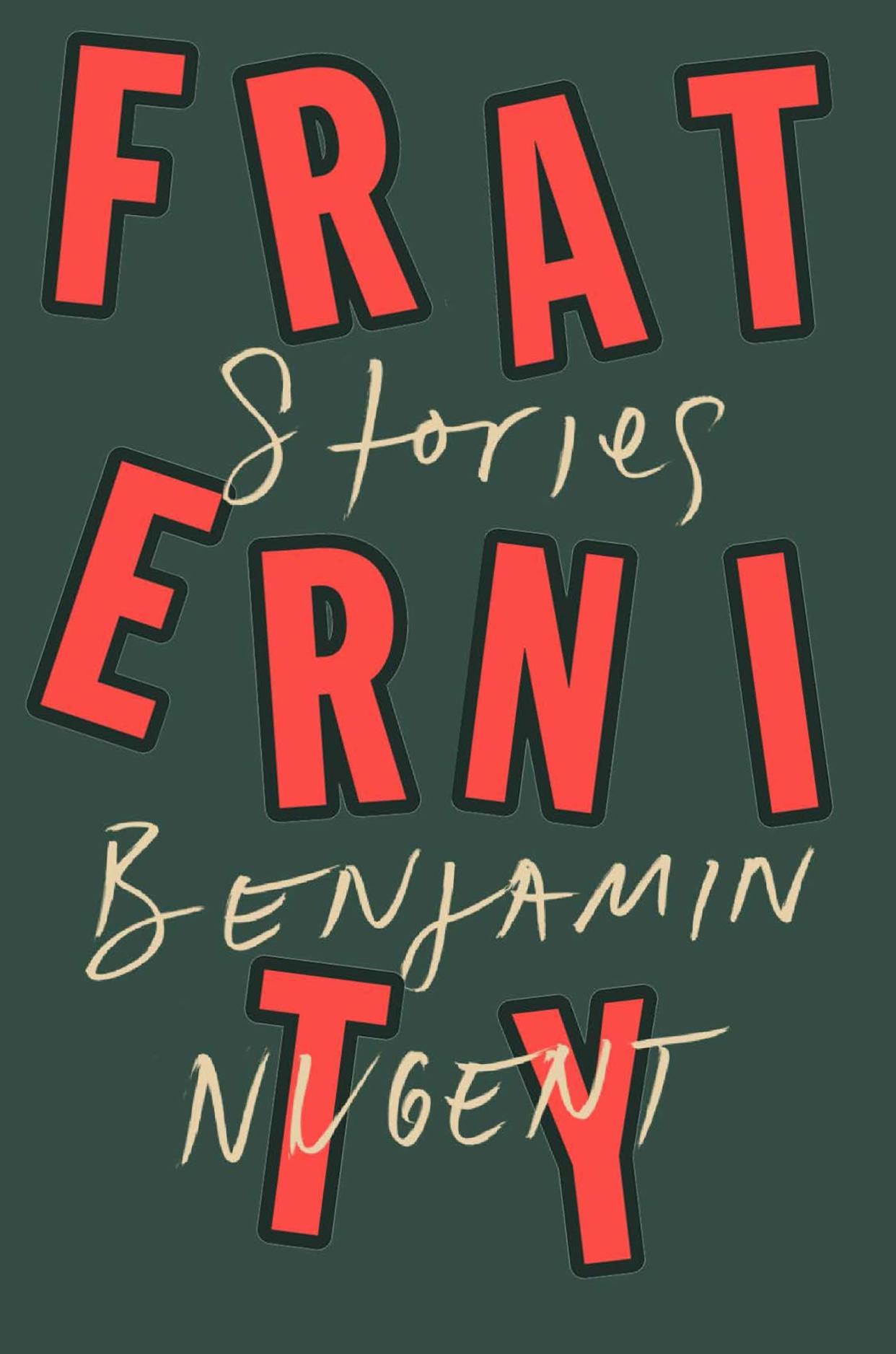
Shop Now
Fraternity: Stories
$14.47
amazon.com
The Company He Keeps: A History of White College Fraternities (Gender and American Culture)
This comprehensive history looks at traditionally white college fraternities in America from their days in antebellum all-male schools to the modern-day college campus. Nicholas Syrett, a professor of Women, Gender, and Sexuality Studies, unpacks how class, religiosity, race, sexuality, athleticism, and more have contributed to an evolving version of masculinity in American fraternity life.
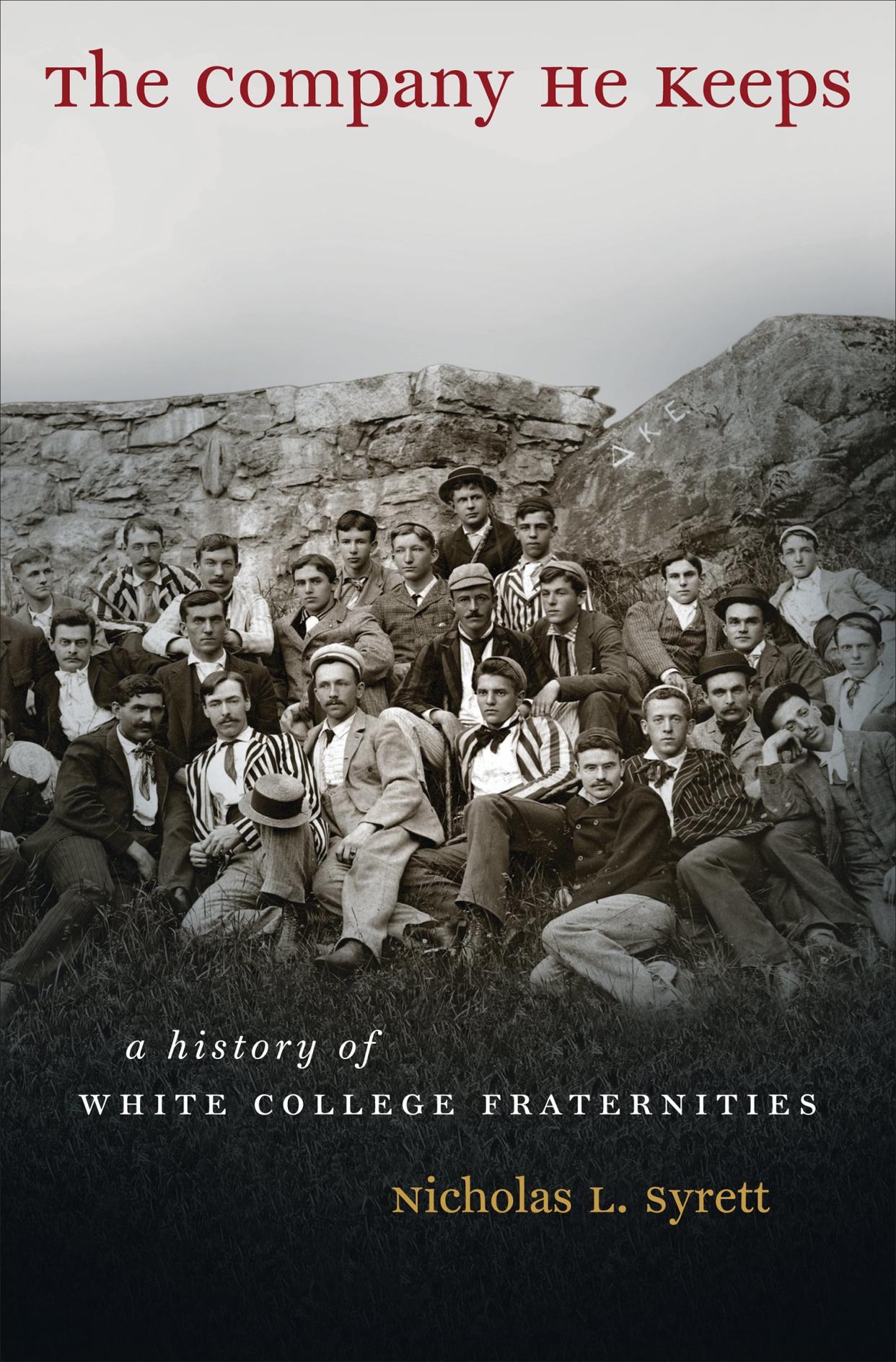
Shop Now
The Company He Keeps: A History of White College Fraternities (Gender and American Culture)
$35.93
amazon.com
Blackballed: The Black and White Politics of Race on America’s Campuses
Lawrence Ross, who also wrote The Divine Nine (above), dives into the politics of race on college campuses, looking specifically at the racism of the white fraternity and sorority system.
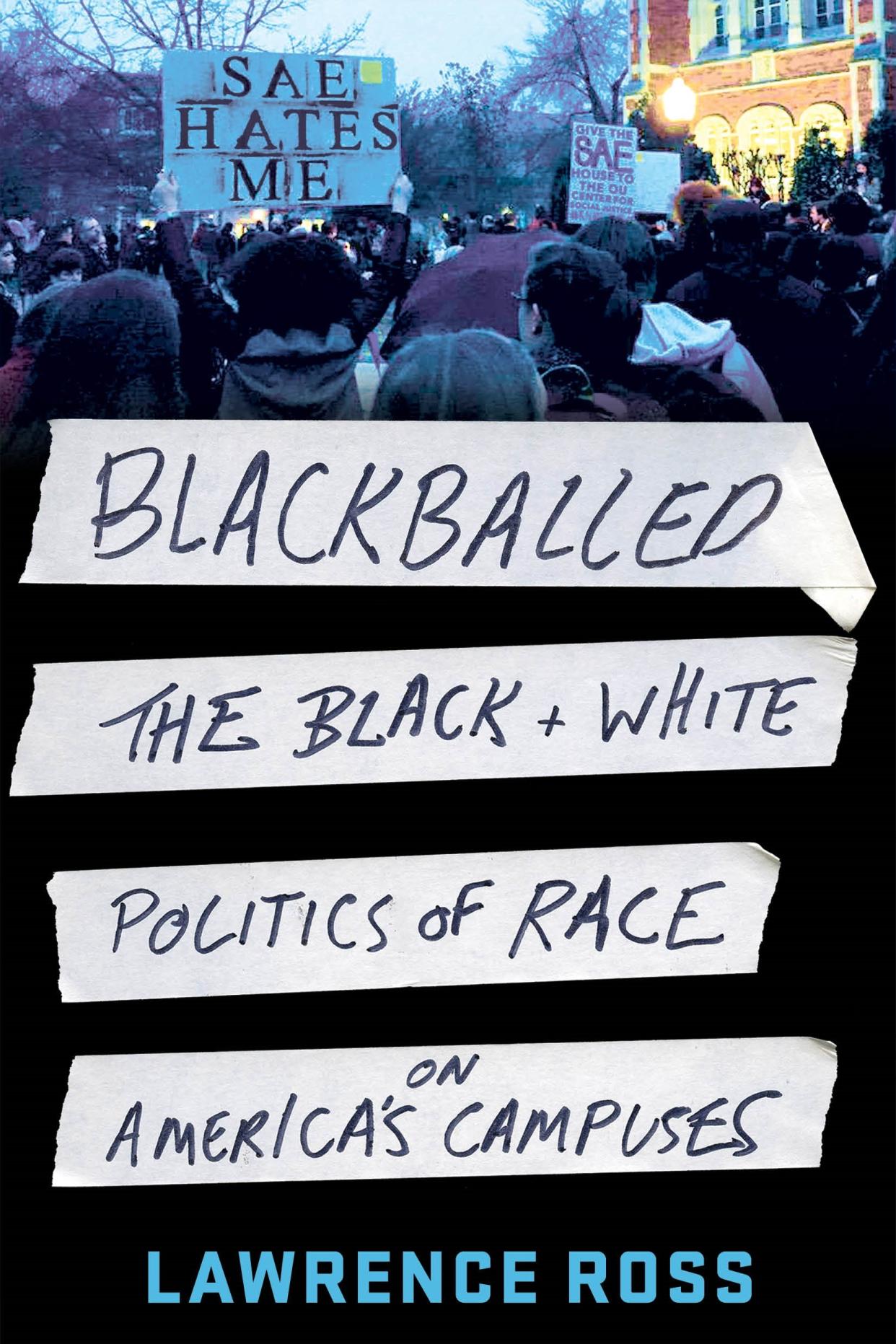
Shop Now
Blackballed: The Black and White Politics of Race on America’s Campuses
$17.99
amazon.com
Pledged: The Secret Life of Sororities
Published in 2004, so a little outdated on modern-day sororities, Pledged goes behind-the-scenes of sorority life by following four sorority girls (Vicky, Sabrina, Caitlin, and Amy) over the course of one year.

Shop Now
Pledged: The Secret Life of Sororities
$6.99
amazon.com
Fraternity: An Inside Look at a Year of College Boys Becoming Men
Over a decade after Pledged, Robbins turned her attention to fraternities, following Jake, a pledging freshman, and Oliver, a chapter president, over the course of a year. Ms. Magazine called Fraternity “an unfiltered, candid examination of toxic masculinity in Greek life” with “no villains or clear bad guys.”

Shop Now
Fraternity: An Inside Look at a Year of College Boys Becoming Men
$15.00
amazon.com
The One You Want to Marry (And Other Identities I’ve Had): A Memoir
Comedian Sophie Santos’s memoir is a story of her coming out and finding her identity, but of relevance to this book list is her chapter detailing her time as a sorority girl at the University of Alabama. The title of her book, too, comes from this time. As she told the Advocate, “I joined a sorority mainly because my mom forced me to. By the time I got to college, I had been to 10 schools. Being part of sorority life was like CliffsNotes — it was the literal playbook of how to make friends…. But there was a double-edged sword to that playbook. While it wasn’t explicitly stated, I noticed that everyone was fixated on getting what I would learn was their ‘MRS’ degree– their ‘Missus’ degree. Our sorority was literally nicknamed ‘The Ones You Want to Marry.’ The goal was to be engaged by the age of 22.”

Shop Now
The One You Want to Marry (And Other Identities I’ve Had): A Memoir
$10.34
amazon.com
Bound By a Mighty Vow: Sisterhood and Women’s Fraternities, 1870-1920
In Bound By a Mighty Vow, Diana Turk looks at the early history of sororities. Using oral history and primary sources, the women who joined women’s fraternities tell their own stories in this history book.
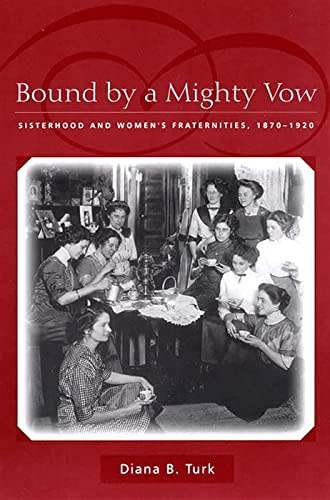
Shop Now
Bound By a Mighty Vow: Sisterhood and Women’s Fraternities, 1870-1920
$27.00
amazon.com
Going Greek: Jewish College Fraternities in the United States, 1895-1945
Early fraternities and sororities in America were premised on a Christian identity; so Jewish students created their own Greek organizations. Marianne Sanua looks at the history of American Jewish fraternity life and antisemitism on college campuses in the first half of the twentieth century.
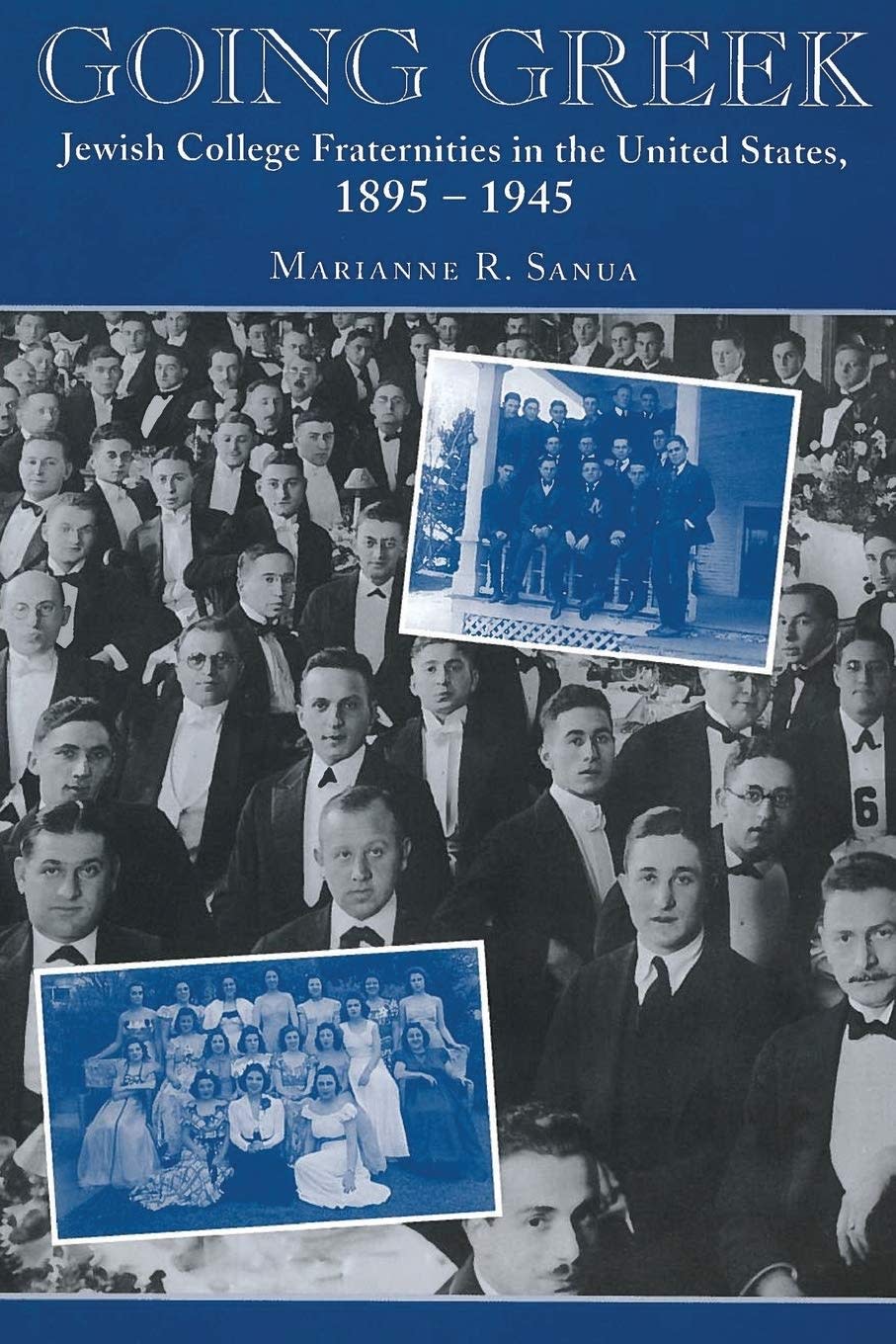
Shop Now
Going Greek: Jewish College Fraternities in the United States, 1895-1945
$22.99
amazon.com
Black Greek-letter Organizations in the Twenty-First Century: Our Fight Has Just Begun
This essay collection, published in 2008, looks at the continued need for Black fraternities and sororities on modern-day college campuses. The title, editor Gregory S. Parks notes, is two-fold: “First, there are a host of internal issues that they must address. Second, and similarly, their efforts to uplift African Americans must be robust and meaningful.”
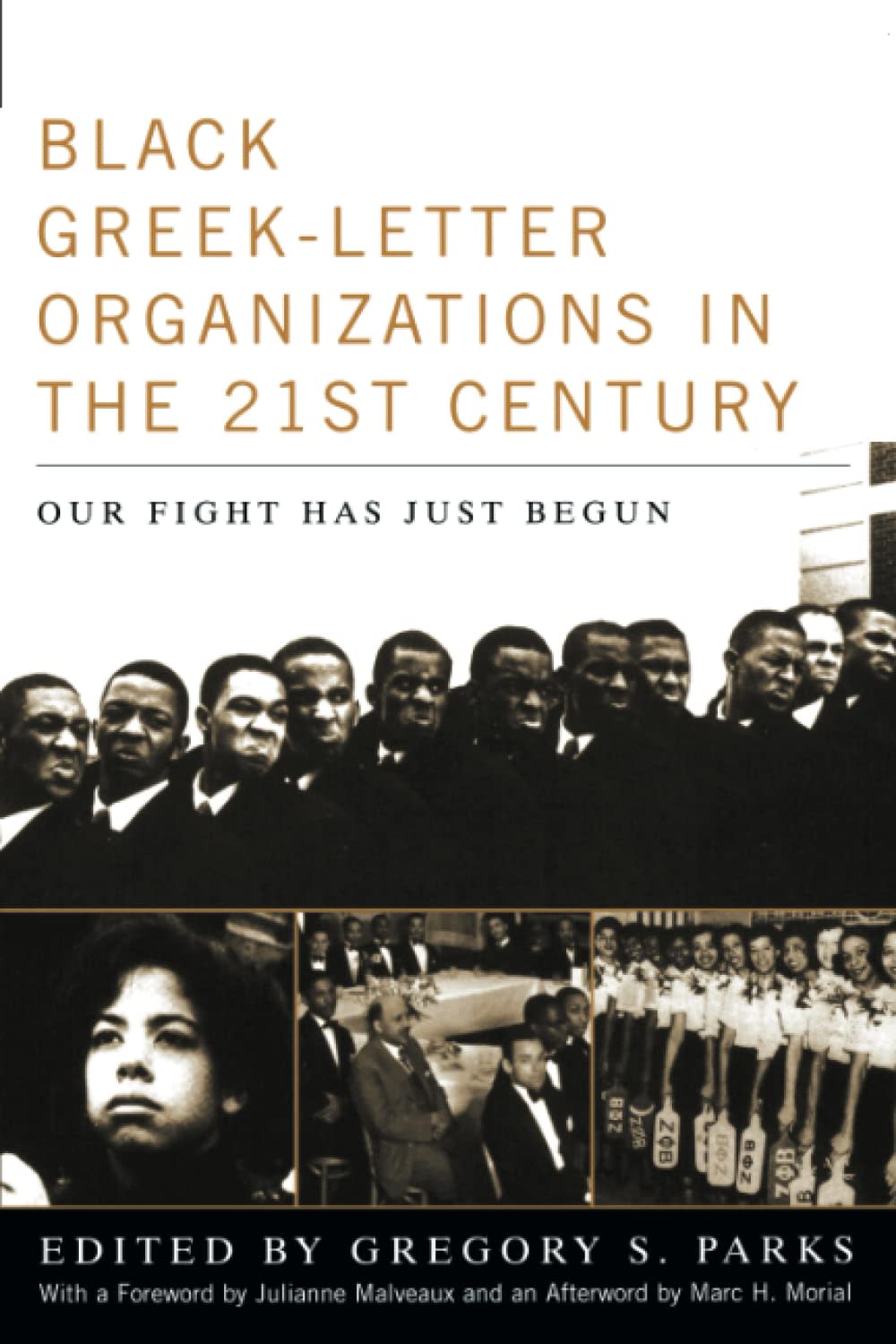
Shop Now
Black Greek-letter Organizations in the Twenty-First Century: Our Fight Has Just Begun
$34.95
amazon.com
The Lost Boys of Zeta Psi: A Historical Archaeology of Masculinity at a University Fraternity
If you’re looking to dive way back into fraternity history, Laurie Wilkie focuses on Zeta Psi, the first fraternity at the University of California, Berkeley, at the turn of the twentieth century, taking readers “inside the secret, amusing, and sometimes mundane world of a California fraternity around 1900.”
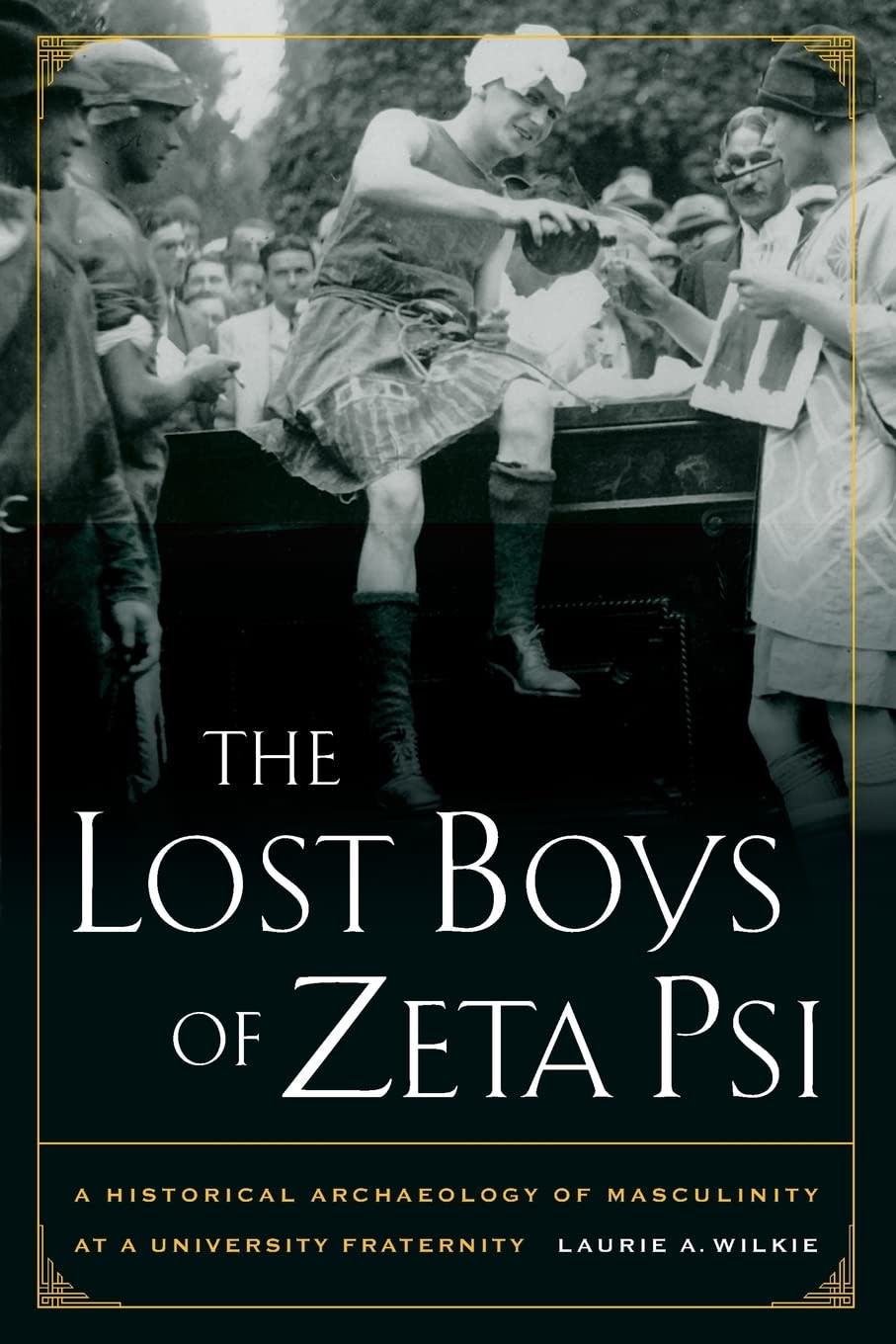
Shop Now
The Lost Boys of Zeta Psi: A Historical Archaeology of Masculinity at a University Fraternity
$34.95
amazon.com
The Sorority Murder: A Novel
Sororities are a rich setting for murder mystery novels. In this aptly titled The Sorority Murder, a college student sets out to solve a cold case revolving around the death of a sorority girl named Candace Swain.
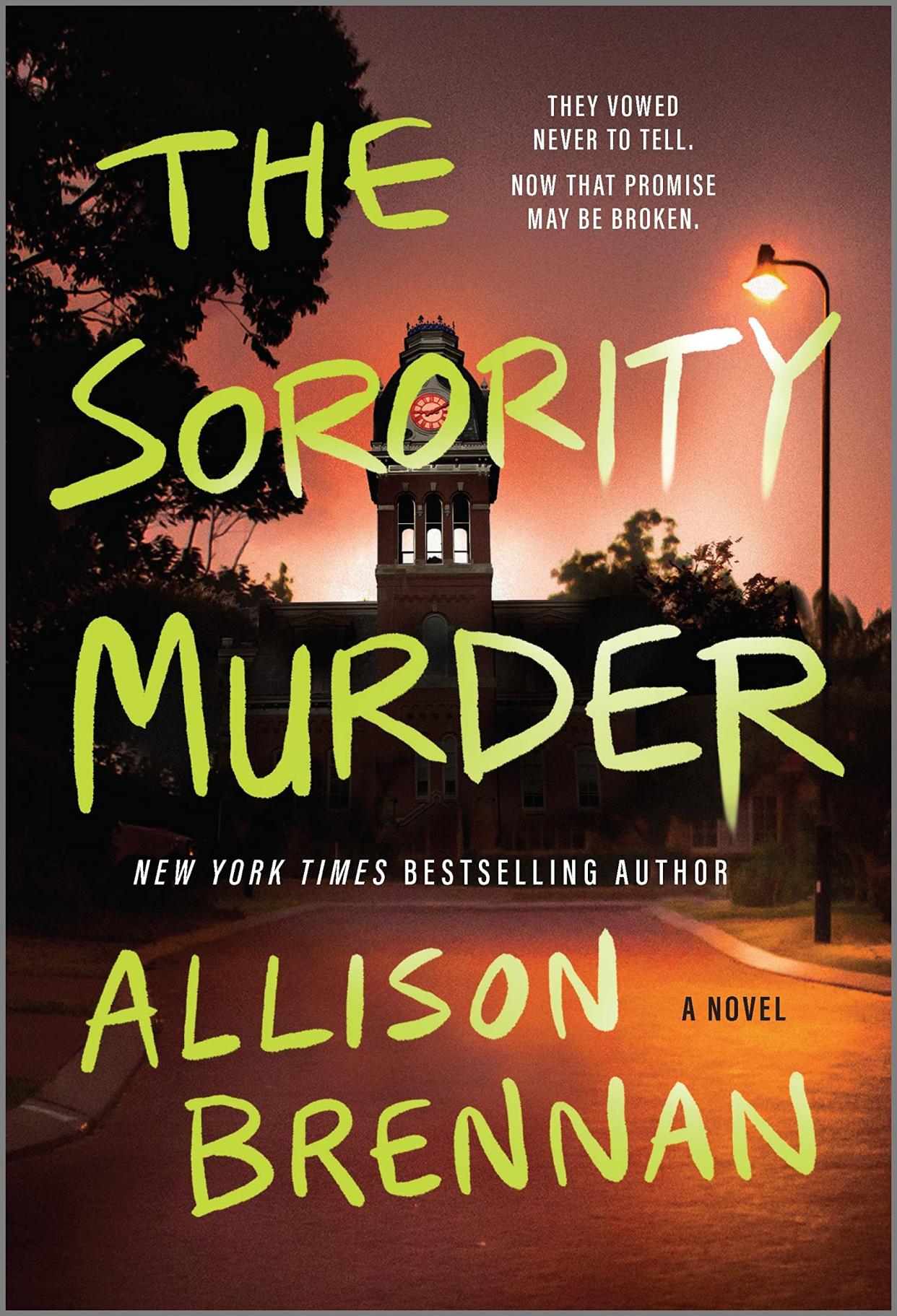
Shop Now
The Sorority Murder: A Novel
$9.99
amazon.com
You Might Also Like
Originally published
